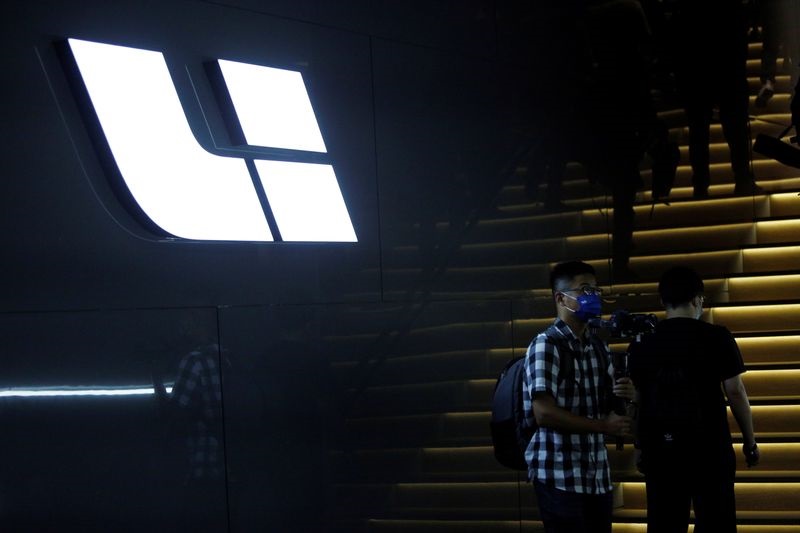Tesla rival Li Auto’s shares surge on bumper Q1 profit
2023.05.10 23:41

© Reuters
Investing.com– Hong Kong shares of Li Auto Inc (NASDAQ:) rose sharply on Thursday after the firm logged a bumper first-quarter profit, while Chairman Li Xiang said the electric vehicle maker has no plans to cut prices.
Li Auto ‘s (HK:) shares jumped nearly 16% to HK$114.70, tracking a similar overnight bounce in their U.S. counterparts. The firm logged a net income of 933.8 million yuan ($1= 6.33 yuan), compared to a net loss of 10.9 million yuan last year.
The figure was largely driven by a staggering 96.9% jump in vehicle sales to 18.33 billion yuan through the quarter, as the electric carmaker benefited from an economic reopening in China, its biggest market. The firm delivered over 52,000 vehicles in the quarter.
Li Auto also forecast deliveries of between 76,000 and 81,000 vehicles in the second quarter.
Li Auto is a major rival to Tesla Inc (NASDAQ:) in China, and is now facing heated competition in the country as Tesla sparked a price war to draw in more buyers this year. Tesla cut the prices of its Shanghai-made Model 3s and Model Ys at least four times since October, as it sought to capture more of its biggest market.
But Li has bucked the trend in not trimming its EV prices this year. Chairman and founder Li Xiang said during a post-earnings call that the firm already considered its vehicle pricing as “most competitive,” and that the company has no plans to trim prices.
Chinese EV makers have benefited from easing battery prices, which were in turn driven by weaker rates for batter-grade lithium. But other firms such as BYD Co Ltd (HK:), Xpeng Inc (HK:) and NIO Inc (HK:) have seen a drop in margins this year, amid increasing competition in the country. The three stocks rose between 0.7% to 1.8% on Thursday.
Tesla missed its first-quarter margins following a string of price cuts this year. But CEO Elon Musk doubled down on the price war, stating that the firm was targeting market share over better margins.
China scaled back all anti-COVID measures at the beginning of 2023, spurring a sharp recovery in consumer spending after three years of pent-up demand. The Chinese automobile sector in particular saw a resurgence in sales, with electric vehicles leading the charge.







